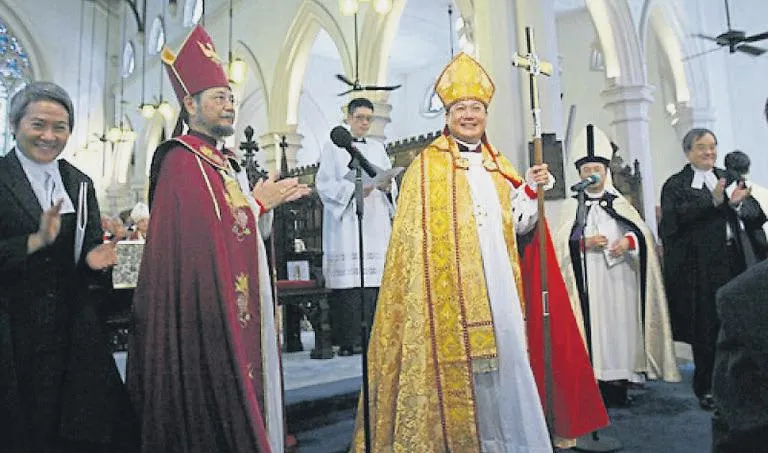Chris Sugden and Vinay Samuel (June en, ‘Where now for the Anglican Communion’) see the pandemic-enforced postponement of this summer’s GAFCON and Lambeth Conferences as an opportunity to take a fresh approach to Anglican divisions based on the model of the Commonwealth.
It is an interesting proposal. There is a natural affinity as the Communion shares much of the same history and geography. And although generally undervalued, the Commonwealth is a remarkable achievement. There is still a surprising degree of affection for a former colonial power which reflects the fact that, despite undoubted evils, the British Empire was also associated with a strong sense of service and moral purpose, not least in the dismantling of the slave trade. This ethos continues to attract with Rwanda, a former Belgian colony, joining the Commonwealth as recently as 2009.
Praying for the UK in Kenya
This was borne out in my own experience in Nairobi. Before the 2014 Scottish independence referendum, I found to my surprise that Kenyan friends were praying that the UK would remain intact, despite the publicity in the previous year around the British Government’s settlement of a compensation claim for veterans of the MauMau Emergency of the 1950s. So the Commonwealth does look like a natural model for the Anglican Communion as a family of now-independent national and regional Churches with a shared history and a common vision. But there is a problem.









